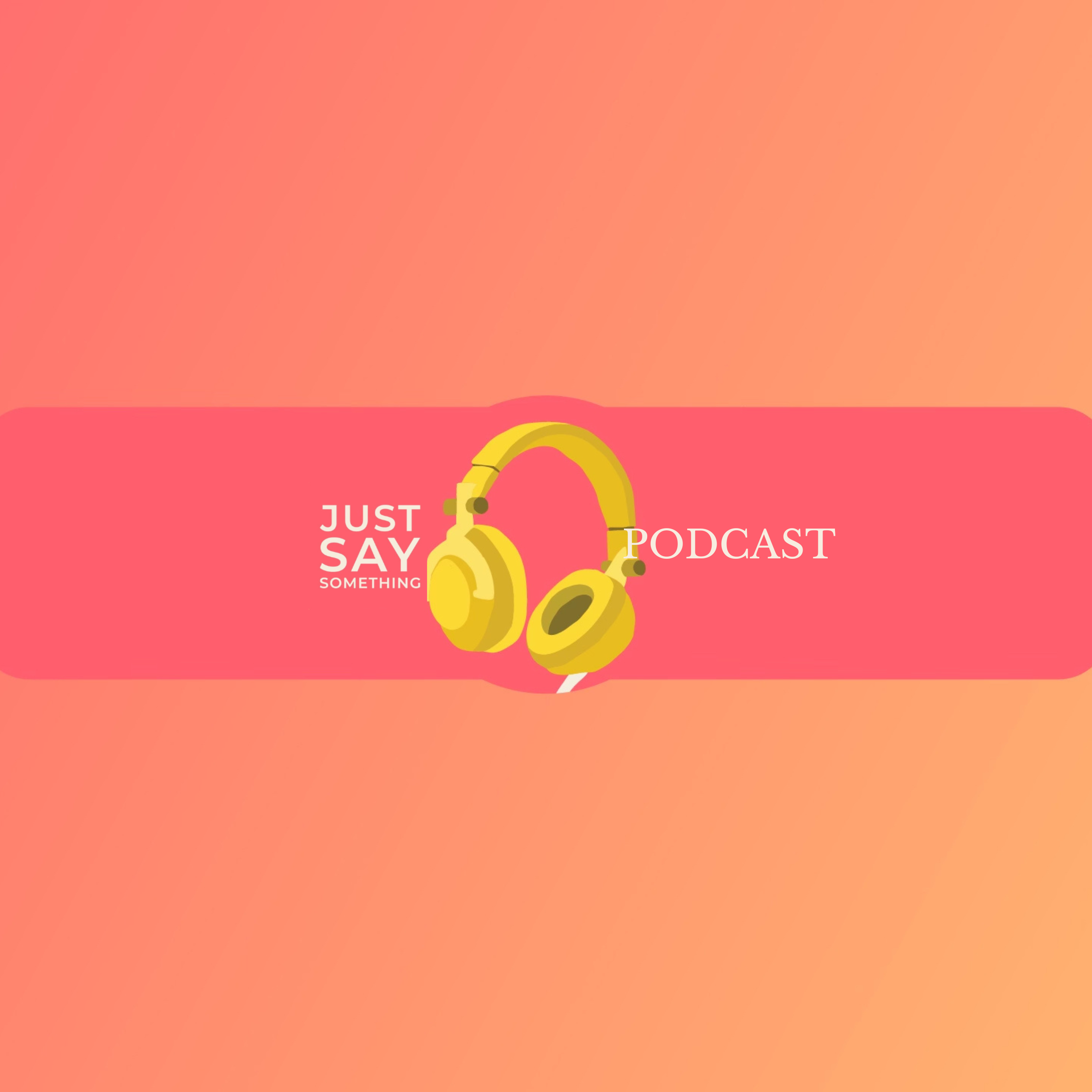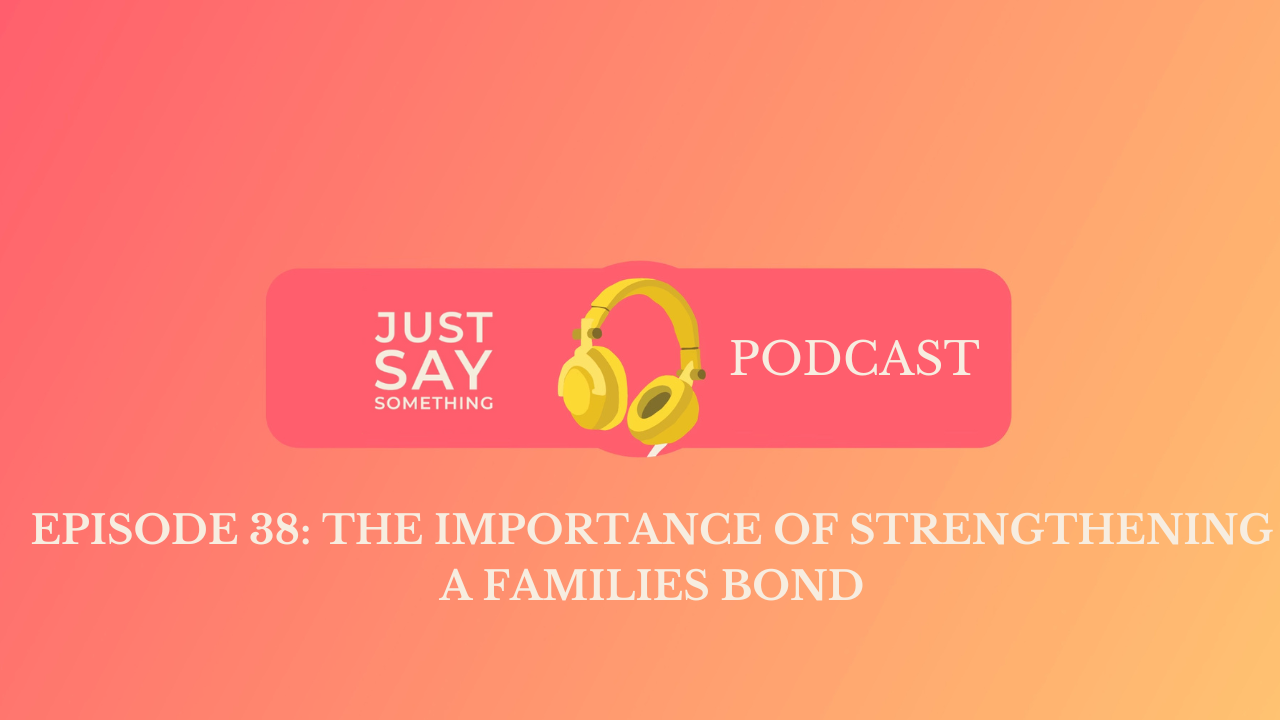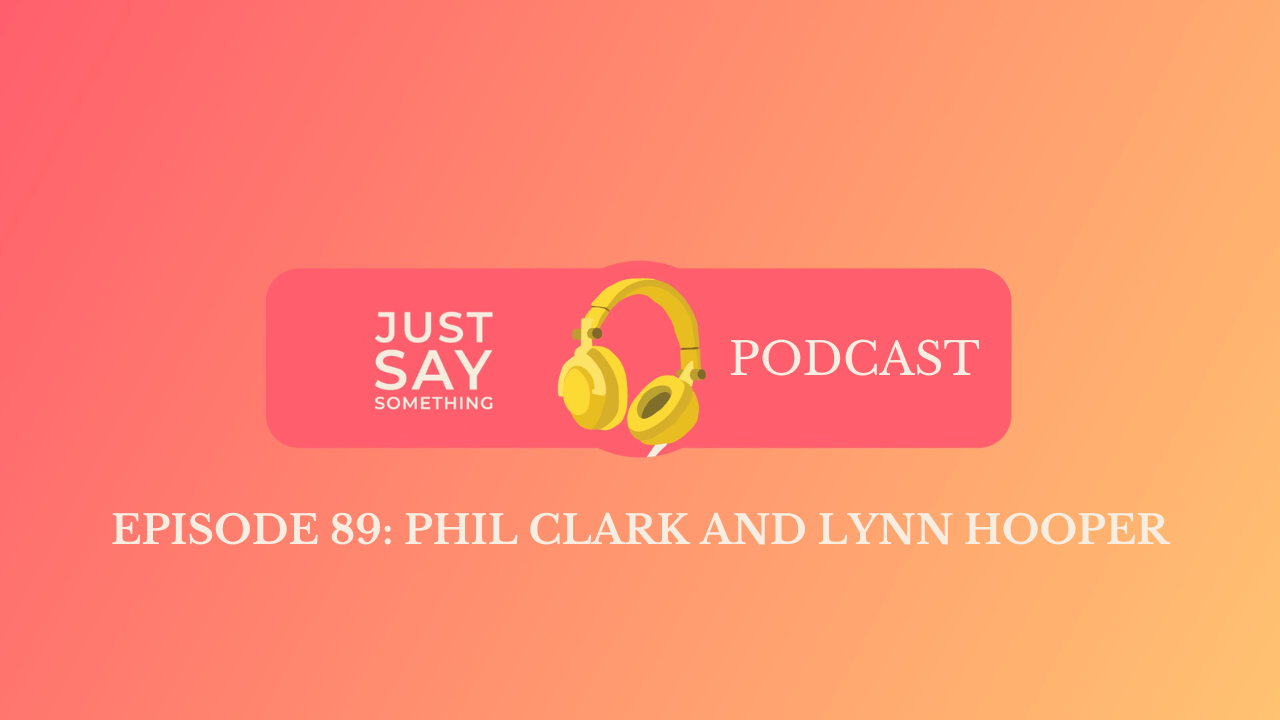Episode Transcript
[00:00:00] Foreign hello there and welcome back to another weekly episode of Just say Something podcast.
[00:00:14] My name is Philip Clark and I'm the CEO here at Just say Something and I want to welcome you back with us this week.
[00:00:21] As always, be sure to like, follow and subscribe and share this with your friends, family, co workers, frenemies, whole nine yards Typically we have a guest, but this week we are going to talk about International Stress Awareness Day.
[00:00:44] Stress. What's that?
[00:00:47] But I digress.
[00:00:51] So this week we're recognizing International Stress Awareness Day, which will be Observed on Wednesday, November 5, 2025.
[00:01:02] It's a global reminder that while everyone experiences stress, not everyone manages it in healthy ways.
[00:01:13] And the difference can impact our mental health, relationships, and even our decisions about substance use.
[00:01:22] At Just say Something, we talk a lot about prevention, and one of the simplest forms of prevention is learning how to manage stress before it manages you.
[00:01:35] Stress is a part of life.
[00:01:38] It can motivate us to meet deadlines, prepare for challenges, or solve problems.
[00:01:46] But when it becomes constant, when there's no breaks or balance, it can take a serious toll.
[00:01:54] Chronic stress affects how we think, sleep, eat, and connect with others.
[00:02:02] It can also lead people, especially our young people, to look for relief in unhealthy ways like vaping, drinking, or using other substances.
[00:02:16] That's why stress management isn't just about personal wellness.
[00:02:21] It's a prevention strategy. When people know how to cope, they're less likely to turn to harmful escapes.
[00:02:31] And stress looks different for everyone. For some, it's snapping at people or feeling on the edge.
[00:02:38] For others, it's not. Sleeping is losing focus and feeling numb.
[00:02:44] For young people, it might look like pulling away from friends, dropping grades, or constant irritability.
[00:02:53] The first step is simply recognizing it, saying, something's off and I need to check in.
[00:03:03] And if you see someone struggling, ask the most powerful question you can how are you really?
[00:03:16] Then take time to listen.
[00:03:19] Managing stress doesn't mean eliminating means finding healthy ways to respond.
[00:03:26] And here are a few simple habits that can make a big difference.
[00:03:32] Move.
[00:03:33] I know my watch just told me to exercise and I need to Physical activity releases tension and boost mood.
[00:03:45] Walk around the building.
[00:03:47] Walk around the block.
[00:03:49] Talk it out.
[00:03:51] Whether it's a friend, a counselor, or mentor, sharing reduces the load.
[00:03:59] Breathe.
[00:04:01] Deep breathing or mindfulness slows down your body's stress response.
[00:04:07] Rest Getting enough rest helps your brain recover and reset.
[00:04:15] Avoid quick fixes.
[00:04:18] Substances might seem like a short shortcut to calm, but they often make stress worse. In the long run.
[00:04:29] These are the same strategies we teach in our parenting programs and our recent Youth Summit, and we've seen how they help kids and adults build resilience.
[00:04:41] Stress management changes lives when young people learn it's okay to talk about what's bothering them, their confidence grows.
[00:04:53] When parents model healthy coping, kids follow that example.
[00:04:59] We've heard stories from students who said learning to manage stress helped them stop vaping or open up about anxiety for the first time.
[00:05:12] That's the power of prevention.
[00:05:15] It starts with conversations, not consequences.
[00:05:20] On International Stress Awareness Day, take a moment to think about the cultures we're creating in our homes, our schools, our workplaces, and our communities.
[00:05:33] Are we encouraging people to slow down, rest, and ask for help?
[00:05:40] Or are we sending the message that being overwhelmed is just normal?
[00:05:47] Building a supportive culture doesn't cost anything, but it can change everything.
[00:05:55] It reminds people that they're not alone and that asking for help is a sign of strength, not weakness.
[00:06:05] Stress is inevitable, but suffering in silence doesn't have to be.
[00:06:11] So on International stress Awareness Day, November 5th, I encourage you to take one small step.
[00:06:21] Go for a walk, check in with a friend, or take a deep breath before diving into your next task.
[00:06:30] And if you're a parent, talk with your kids about what stress feels like for them and how to handle it in a healthy way.
[00:06:41] Because every open conversation helps build stronger, more resilient families and communities.
[00:06:51] If you would like to learn more about our prevention programs or how we support youth and families, be sure to go to our website of Just say Something SC Again, I'm Philip Clark, CEO here at Just say Something.
[00:07:09] Thank you for being here, thank you for listening, thank you for liking this, and thank you for sharing and subscribing. And as always, keep the conversation going.


